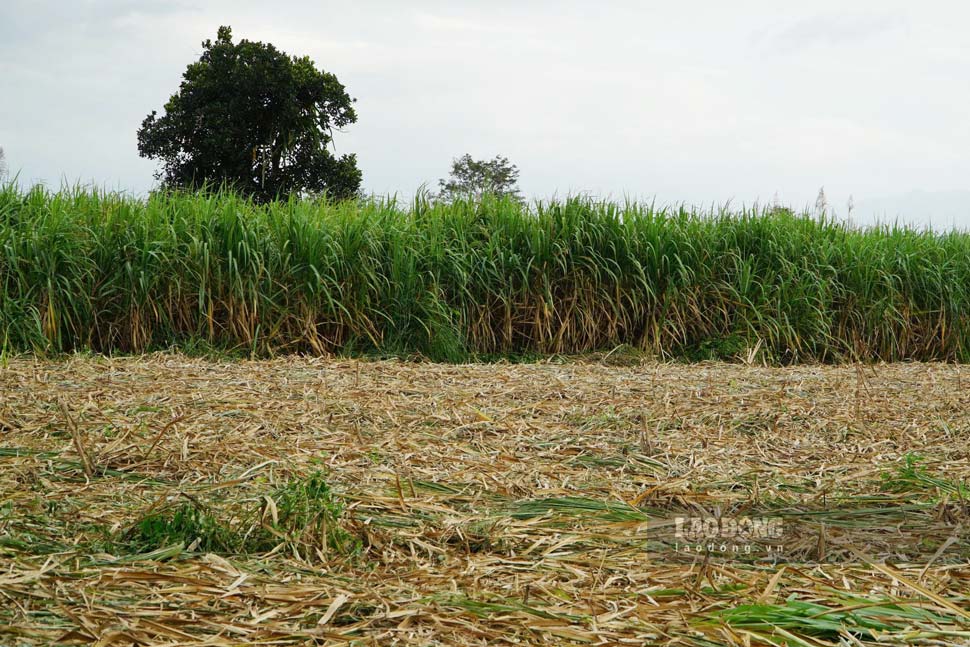In recent years, the Gia Lai sugar sugar sugar sugar industry has recorded a recovery and positive development, thanks to the Ministry of Industry and Trade applying trade defense measures such as: Applying anti- dumping tax, anti-subsidy and anti-escape tax on sugarcane products originating from Thailand and sugarcane products imported from Cambodia, Indonesia, Laos, Malaysia and Myanmar.
The sugarcane growing area in Gia Lai has increased steadily over the years. In 2020, the whole province had 30,145 hectares; in 2021, it was 33,841 hectares (up 12.3%); in 2022, it was 36,932 hectares (up 9.1%); in 2023, it was 40,778 hectares (up 10.4%) and in 2024, it reached 43,433 hectares (up 6.5%) compared to the same period last year.

The selling price of sugarcane in recent years has ranged from 850,000 to 1,230,000 VND/ton, helping sugarcane growers significantly improve their income, contributing to poverty reduction and stabilizing income for workers.
Mango output and sugar output in the province have grown steadily. Raw sugarcane purchase prices have improved, people's lives have improved, contributing positively to the socio-economic development of the locality.
However, from the end of 2023 to now, the situation of sugar of Thai origin being smuggled across the border between Cambodia and Laos has been complicated, affecting the consumption of domestically produced sugar.
On the other hand, the Thai Government continues to maintain subsidy policies and support sugar exports at prices lower than reasonable production costs. This leads to unfair competition, negatively affecting the sugarcane industry in Vietnam in general and Gia Lai province in particular.
Faced with this situation, the People's Committee of Gia Lai province proposed that the Ministry of Industry and Trade continue to review and extend the application of anti-dumping measures and anti-subsidy measures for some sugarcane products originating from Thailand after the current deadline ends.
At the same time, it is recommended that the Ministry of Industry and Trade direct functional forces to strengthen market inspection and control, prevent cross-border road smuggling, in order to protect the legitimate market.











